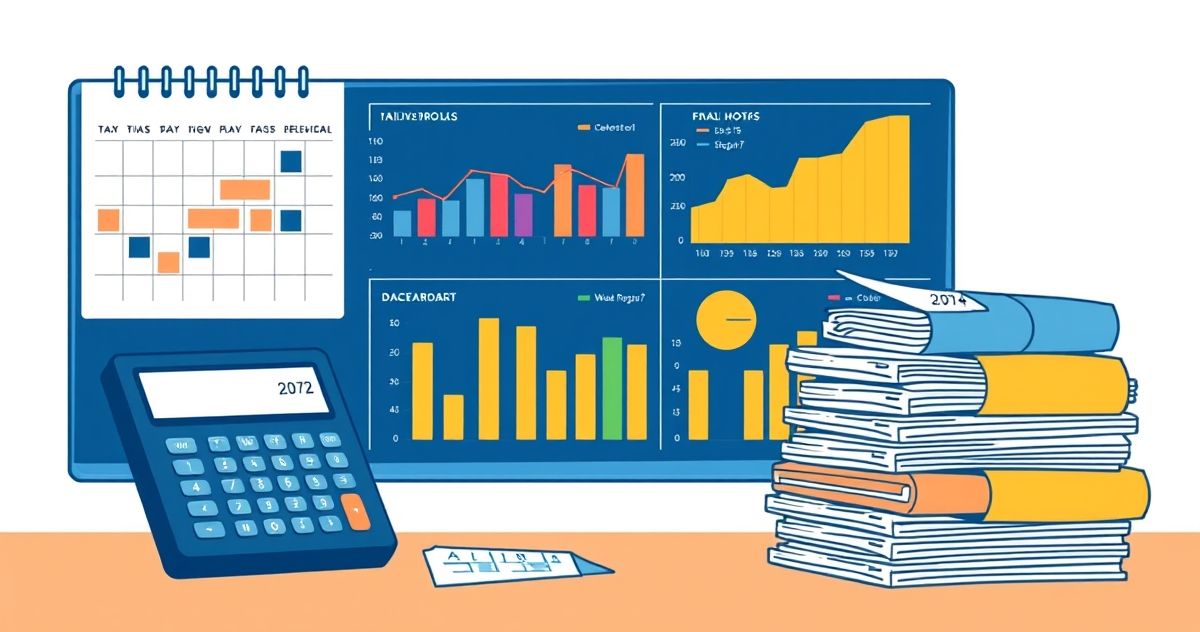Understanding Business Installment Updates
A Business Installment Update is a critical aspect of financial management for businesses engaged in installment agreements with taxing authorities. It allows businesses to manage their tax liabilities efficiently by providing updated information regarding their financial situations and adjusting their installment plans accordingly. This process ensures that a business remains compliant with tax obligations and maintains balanced cash flows.
What is a Business Installment Update?
A Business Installment Update primarily refers to the periodic revision of a business’s installment agreement with tax authorities, such as the Internal Revenue Service (IRS) in the United States. Businesses often encounter dynamic financial conditions, which require flexible payment arrangements to manage tax liabilities effectively. Through a Business Installment Update, businesses can recalibrate their installment payments to reflect their current financial capacity and ensure their commitments are met without default.
Primary Purpose
The main aim of a Business Installment Update is to allow businesses to manage their tax payments methodically by aligning them with their current financial standing. This process not only helps in staying compliant with tax regulations but also supports cash flow management, thus preventing any sudden financial burdens. By adjusting installment plans, businesses can spread large tax liabilities over time, making it more manageable and freeing resources for immediate operational needs.
Key Features of Business Installment Updates
- Flexibility: Businesses can modify their payment plans based on new financial data, thus ensuring that payments are realistic and affordable given their current circumstances.
- Cash Flow Management: By spreading tax payments over a period, businesses can better manage their cash flows, thus improving liquidity.
- Compliance Assurance: Regular updates and adjustments help in staying compliant with tax regulations, thus avoiding penalties associated with late or underpayments.
Filing or Compliance Requirements
To perform a Business Installment Update, businesses must provide robust financial documentation, including updated financial statements, cash flow forecasts, and any other relevant information that demonstrates current economic conditions. This data ensures that the installment plan reflects the business’s ability to pay. Furthermore, businesses must adhere to any specific procedural guidelines set forth by taxing authorities when submitting an update request.
Penalties for Non-Compliance
Failure to maintain updated installment plans could lead to significant penalties. Businesses may incur fines for late payment if their existing plan is not updated and becomes unrealistic due to decreased financial capacity. Moreover, repeated non-compliance or failure to fulfill updated payment terms can result in stricter enforcement actions by tax authorities, including liens or levies on business assets.
Importance in Tax Resolution and Financial Compliance
Business Installment Updates are crucial for long-term tax resolution strategies. By keeping installment agreements reflective of present financial realities, businesses can avoid sudden large tax liabilities that could disrupt operations. This proactive approach is critical in ensuring financial stability and compliance. In summary, regular updates to installment plans help in strategic financial planning, allowing businesses to allocate resources efficiently and maintain operational continuity.
By understanding the intricacies of Business Installment Updates, business owners can effectively balance tax obligations with everyday operational needs and strategically plan for future growth. This understanding helps in mitigating risks associated with defaulting on installment agreements, thus preserving the business’s financial health and creditworthiness.

